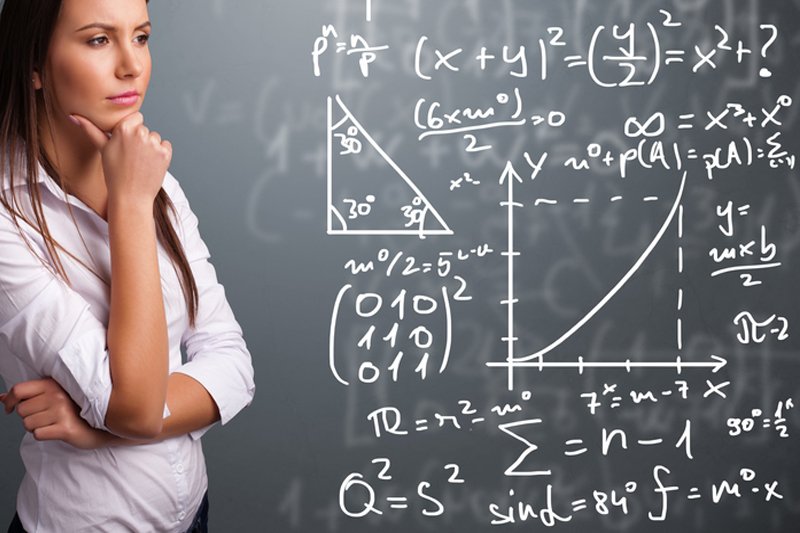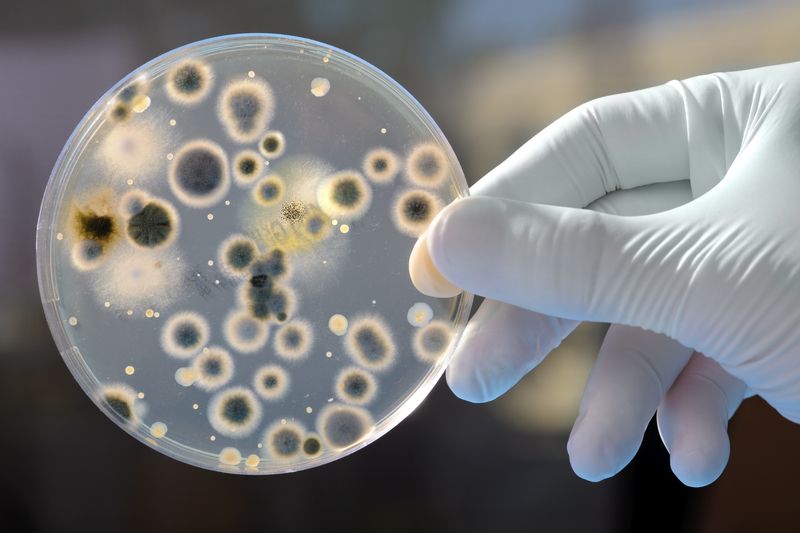
Complete the general education courses for your degree with Gateway Education. Take as many college courses as you would like for only $95 per month and choose your courses below for only $55 per course. All Gateway Education courses are 100% online, ACE recommended and transferable to Bellevue University.
Available Courses
Biology
 Read more
Read more
College Credits: 3
Students will develop knowledge and understanding of information collection and interpretation, hypothesis analysis, and principles and processes of biology. This course will address fundamental biological principles using the two cornerstones of modern biology: genetics and evolution. Elementary chemistry, cell theory, reproduction, and development will also be covered. The emphasis is on biological chemistry, cell structure and function, cellular metabolism, genetics. Introduction will be made to the basic principles of modern biology, including biomacromolecules, bioenergetics, cell structure, homeostasis, evolution, and ecological relationships.
College Algebra
 Read more
Read more
College Credits: 3
College Algebra is a college-level algebra course for non-mathematics majors. In this course, students will become familiar with currently taught algebraic vocabulary, symbols, and notation and will learn to solve both routine problems requiring basic algebraic skills and non-routine problems that demonstrate their understanding of concepts. The subject matter of this course includes number systems and operations, algebraic operations, equations and inequalities, and functions and their properties.
College Mathematics
 Read more
Read more
College Credits: 3
College Mathematics is a college-level mathematics course for non-mathematics majors and majors in fields not requiring knowledge of advanced mathematics. In this course, students will become familiar with currently taught mathematics vocabulary, symbols, and notation and will learn to solve both routine problems and non-routine problems that require the application of skills and concepts. The subject matter of this course includes sets and logic, number theory, geometry, algebra and functions, graphs, probability, statistics, and financial mathematics.
Developmental Psychology
 Read more
Read more
College Credits: 3
Students will learn the concepts, principles, theories and applications associated with the study of the life span, conception through death. Emphasis areas include genetics, prenatal development, childbirth, infancy, toddlerhood, early and middle childhood, adolescence, and early, middle and late adulthood, as well as death and dying. Overarching ideas throughout different time periods of the life span will be studied, and knowledge of how development during one period may affect later periods will be learned.
Health and Human Development
 Read more
Read more
College Credits: 3
This course provides a comprehensive overview of core concepts in health and human development. Emphasis is placed on health, wellness, and the mind/body connection; human development and relationships; substance use and abuse; fitness and nutrition; disease and disease prevention; safety, consumer awareness, and environmental concerns. Basic understanding of anabolic steroids, over the counter medications, dependency/addiction and societal effects are examined.
History of United States 1: Early Colonization to 1877
 Read more
Read more
College Credits: 3
This course covers the period of United States history from early European colonization to the end of Reconstruction, with the majority of focus on the period of 1790 through 1877. In the part covering the seventieth and eighteenth centuries, emphasis is placed on British colonies. The following topics are included in this course: political institutions, political developments, behavior and public policy, social developments, economic developments, cultural and intellectual developments, and diplomacy and international relations.
Introduction to Humanities
 Read more
Read more
College Credits: 3
Humanities is the study of human culture. For this reason this course is very broad in scope and covers poetry, prose, art history, philosophy, music, theater, architecture, film, and dance. This course will provide the student with the broad frameworks, within which, enduring questions of existence, relationships, values, and aesthetics can be examined. The students must demonstrate their knowledge of facts (names, works); understand and interpret literary passages and art works; recognize medium, style, writer’s characteristics and other techniques. Students must show their understanding of humanities by interpreting works of art, recalling specific information, and applying concepts. Concepts from the disciplines studied in this course are going to be integrated with contemporary American culture.
Introduction to Psychology
 Read more
Read more
College Credits: 3
This psychology course will provide student knowledge on psychological theory, principles and terminology. This course, this course stresses basic facts, concepts and generally accepted principles. The course covers thirteen areas, in almost equal percentages, that include: history of psychology, biological basis of behavior, sensation and perception, states of consciousness, learning, cognition, motivation, emotion, personality, abnormal and developmental psychology, treatment and social psychology, as well as statistics, test and measurements.
Introduction to Sociology
 Read more
Read more
College Credits: 3
This course focuses on five major areas: institutions (family, educational, political, economic, communications); social stratification (mobility, power, race and ethnic relations, gender, and aging); social patterns (demography, geography, and community); social processes (groups, change, socialization, culture, and roles); and the history of sociology and sociological theory. Theoretical approaches surrounding significant topics in the field of sociology are provided; research methods in Sociology are introduced. Basic concepts are defined; examples of abstract ideas are offered.
Microbiology
 Read more
Read more
College Credits: 3
Microbiology is a course intended for students interested in learning about the microbial world and how the microbial world influences human actions and interactions. This course covers principles of microbiology with emphasis on microorganisms and human disease. Topics include an overview of microbiology and aspects of medical microbiology, microbial growth and control, microbial evolution, genetics, and genetic modification, the effects of climate change on microbial environments, naming and classification of microbial organisms, identification and control of pathogens, disease transmission, host resistance, public health and industrial microbiology, and immunity. This course also includes instruction in microbial genetics, cell biology, cell physiology, virology, pathogenic microbiology, environmental microbiology, and laboratory methods including microscopy. In the course we will address not only the ability of microorganisms to cause disease, but also their role in research, their importance in functional ecosystems and their economic significance.
Principles of Management
 Read more
Read more
College Credits: 3
This course covers human resources, operational and functional aspects of management, and contemporary issues in management. An overview of key management concepts and the evolution of management theory and thought throughout the years are covered. Students learn the five key management functions– planning, organizing, staffing, leading, and controlling. And contemporary topics are covered to help put these concepts into the proper context for a new and ever-changing world. Students are expected to demonstrate and apply the knowledge and skills acquired.
Substance Abuse
 Read more
Read more
Prerequisites: None
College Credits: 3
This course provides a comprehensive overview of substance abuse and addiction. The course examines the biological, psychological, and societal effects of the addictive process. Emphasis is placed on diagnosis, screening, and neurological factors affecting the major substances of abuse as well as the history, prevention, and treatment of addiction. The use of different treatment modalities is explored and the dynamics of co-occurring mental and addictive disorders.